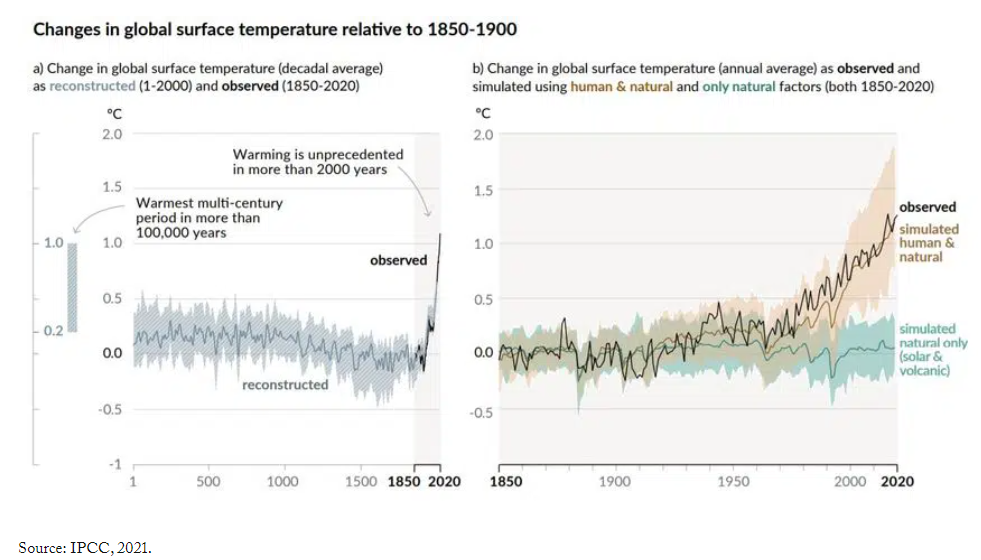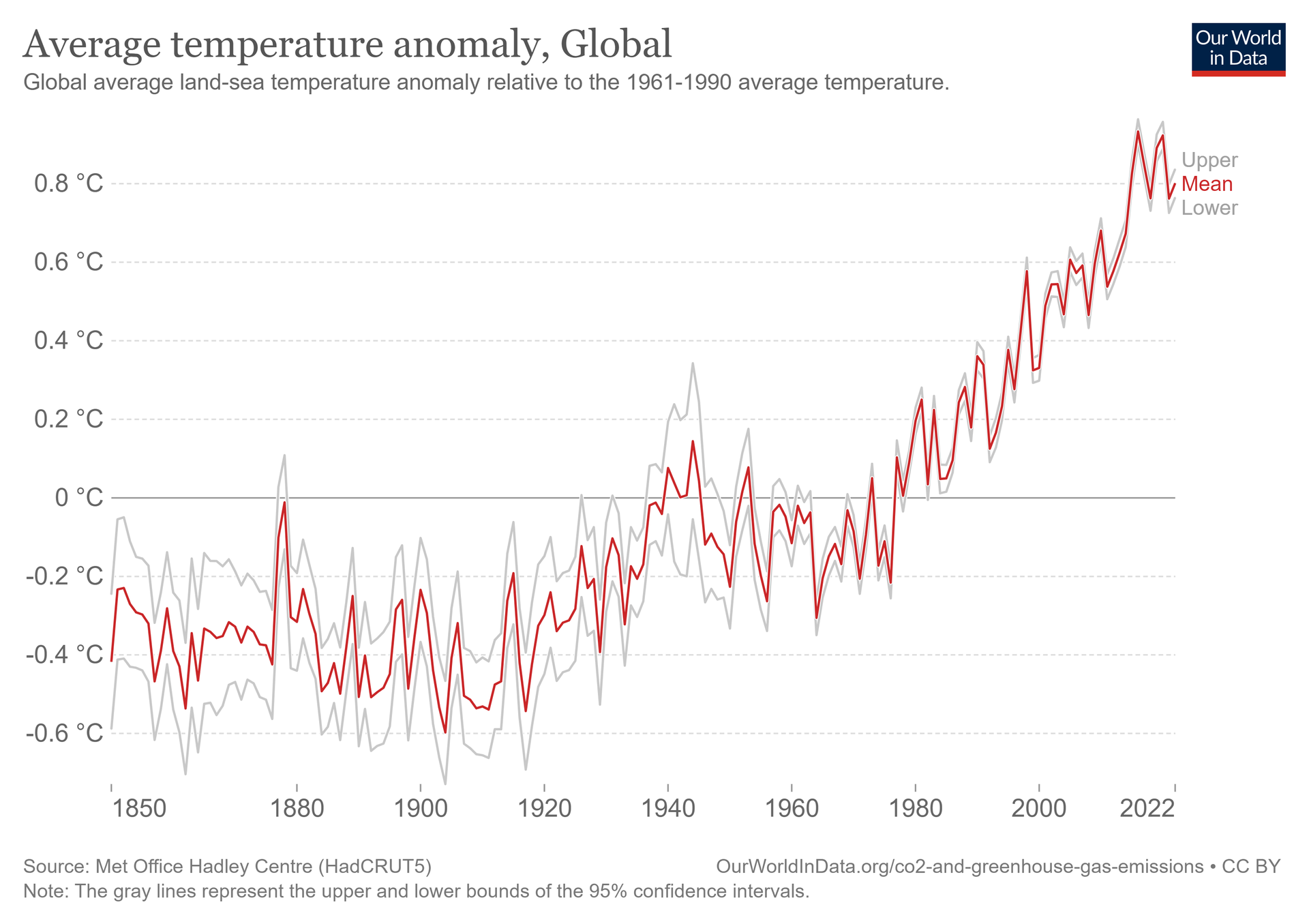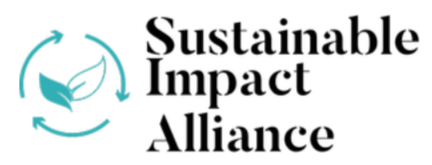Use Code EduForwardCares for 10% off your first purchase Now Hiring! Check out our careers / Donate and get involved
Addressing Environmental Issues
like Climate Change,
Resource Consumption,
and Sustainability
Environmental responsibility and impact begins with understanding. For this reason, environmental education is one of the most important aspects to achieving sustainability and combatting environmental issues like climate change and resource consumption.
We believe a solutions-based approach is the best way to make an impact on the planet, however understanding the problem is foundational in being able to focus on solutions.
EduForward provides solutions-based programs to help students understand climate change, how they can make a difference, and provide pathways to pursue environmental careers, initiatives, further education, and impacts.
Climate Change - The Facts:
By now you've probably heard of the overwhelming consensus in the global science community, that climate change is happening and has been proven. Human impact has finally been recognized by leaders in the fossil fuel industry as well as policy leaders alike.
One of the clearest pieces of evidence is the direct correlation between an unnatural rise in global temperature, recorded to the global heat index, which is measured by multiple, independent sources around the world, and a correlational rise in carbon production, marked since the industrial revolution.
The industrial revolution was firmly established by 1850 and had risen in the 100 or so years leading up till that point. We see the fallout from new carbon production, initiated during this time, matches the rise in global temperature impacts.
While the roughly one degree rise in the global heat index, observed over the last hundred or so years, may not seem like a lot, in terms of global heat; a 2 degree rise could equate to an extinction event for humans. We are already observing extinction-period level falloff of species in the ocean and other natural ecosystems, that appear to be related to human impact and climate effects.
The Data Charted


Resource Consumption & Sustainability:
Climate change is just one of the ways that humans interact with and affect the natural ecosystem of the planet. You may have heard of the trash islands in the world's oceans, with one trash island being twice the size of Texas. The fundamental issue at hand with environmentalism and sustainability is how we harvest resources from the planet and interact with our natural ecosystem.
Right now we generally operate in a world of linear consumption that works like this:
1. Harvest resources
2. Produce products and services
3. Create and discard waste.
This is an unsustainable system that depletes resources and increases waste. This will inevitably lead to the depletion and destruction of the resources that humans rely upon on the planet.
The system that is needed is one that is cyclicality that functions like this:
1. harvest resources from nature (and replenish) or from recycled stock piles
2. produce products and services
3. recycle and reuse products and waste
Creating a cyclical production system is a necessary step to achieving sustainability. With newly adopted technologies like nuclear fusion, renewable energy, and methods of resource preservation available, an equitable and lasting future for humans and the planet is possible.
Quick & Reliable
We are available 7 days a week
Location
San Antonio, TexasAustin, Texas
Email
Info@EduForward.com
Phone
512-937-9745
All Rights Reserved | EduForward






